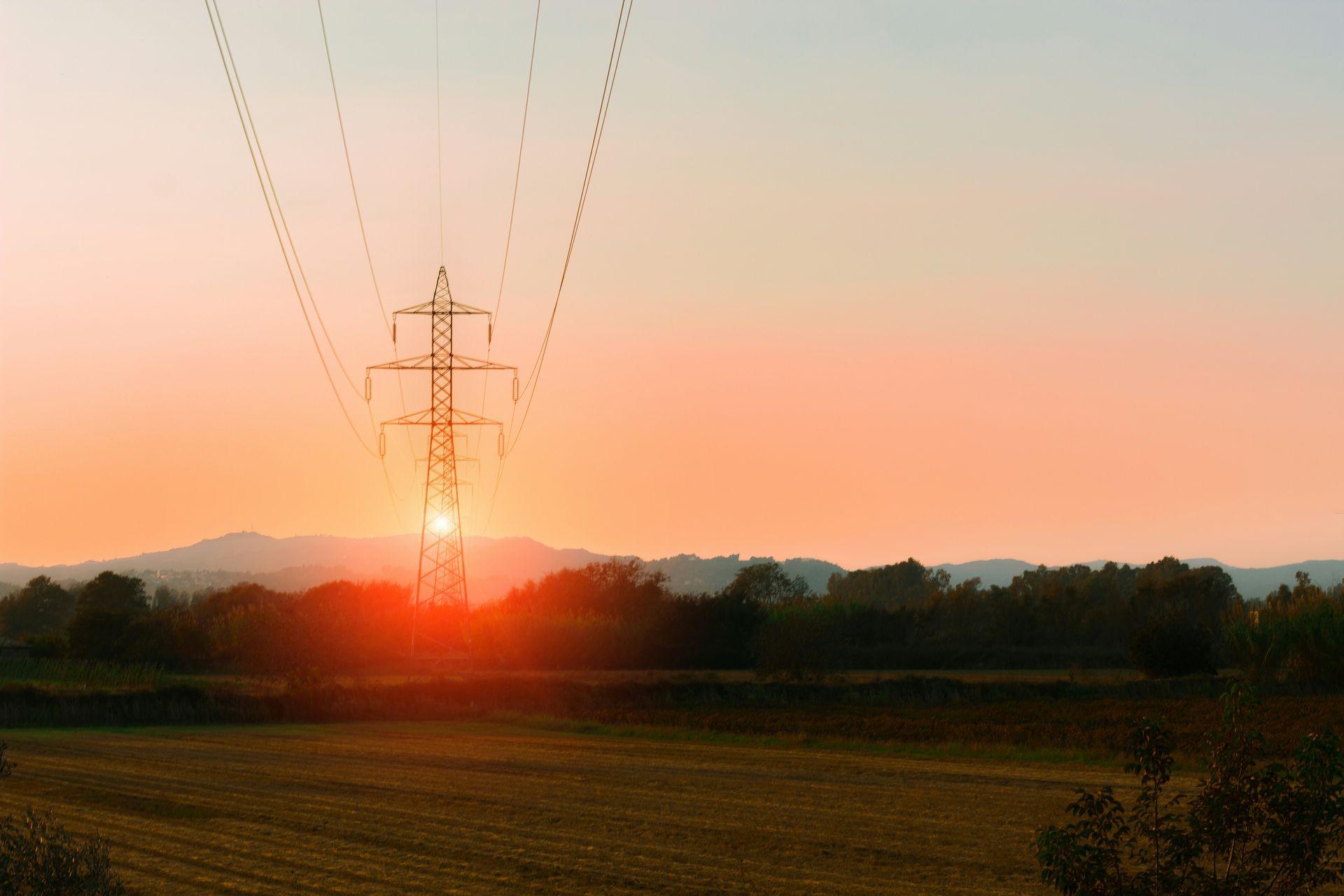Why No New Power Plants Have Been Built in Mexico and what impact it has on industrial parks
Denali-ep
| 23 de octubre de 2024
Why No New Power Plants Have Been Built in Mexico and what impact it has on industrial parks
Introduction
The lack of construction of new power plants in Mexico has had a significant impact on the country's industrial parks. This article examines the reasons behind this situation and its consequences for the industrial sector.
Reasons Why No New Power Plants Have Been Built in Mexico
Inconsistencies in Energy Policy
Since the 2013 energy reform, Mexico’s energy policy has undergone significant changes, creating uncertainty among investors. The current administration has prioritized the Federal Electricity Commission (CFE) and limited private sector participation in energy generation. This shift has resulted in a decline in the construction of new power plants, particularly in the renewable energy sector.
Lack of Investment in Infrastructure
Mexico’s energy infrastructure is underfunded. Despite the industrial sector accounting for 62% of national electricity consumption, limited resources have been allocated to building new plants and modernizing the existing infrastructure. This underinvestment restricts the country's ability to generate and distribute sufficient electricity, leading to unreliable power supplies for industrial parks.
Focus on Conventional Energy Sources
Historically, Mexico has heavily relied on conventional energy sources, such as oil and natural gas. Although there is increasing interest in renewable energy, the transition to cleaner sources has been slow. The lack of new power plants, particularly those utilizing renewable energy, hampers the country’s ability to diversify its energy matrix.
Regulatory Challenges
Regulatory challenges have also contributed to the stagnation in new power plant construction. Bureaucratic hurdles and unclear regulations have discouraged investors who see an uncertain environment for infrastructure investments. As a result, fewer energy generation projects are being developed.
Impact on Industrial Parks
The lack of new power plants has several repercussions for Mexico's industrial parks:
Unreliable Power Supply
Ninety-one percent of industrial parks in Mexico have experienced power outages, affecting their operations and competitiveness. The dependence on a national grid that hasn’t expanded in line with demand puts industrial operations at risk.

Increased Operational Costs
An unreliable power supply forces industrial parks to seek alternative solutions, such as generating their own electricity or purchasing it at higher prices. This increases operational costs and reduces the profitability of businesses within these parks.
Constraints on Industrial Growth
The increasing demand for energy, driven by the nearshoring trend, has spurred growth in the number of industrial parks, from 273 in 2019 to 460 in 2023. However, the lack of new power plants limits the ability of these parks to attract new businesses and expand their operations.
Need for Alternative Solutions
In response to the lack of new power plants, industrial parks are exploring alternative solutions such as microgrids and distributed generation. These alternatives enable businesses to generate their own electricity and reduce reliance on the national grid, which can help mitigate supply issues.
Conclusion
The absence of new power plant construction in Mexico poses a significant challenge that directly affects industrial parks. Inconsistent energy policies, insufficient infrastructure investment, and regulatory obstacles have limited the country’s ability to expand its electricity generation capacity. As a result, industrial parks face unreliable power supplies, increased operational costs, and restrictions on growth. To address these issues, Mexico must implement policies that encourage investment in new power plants, especially in the renewable energy sector.
What are the main concerns regarding Mexico's energy policies?
The U.S. has raised concerns that Mexico's energy policies favor state-owned enterprises like the Federal Electricity Commission (CFE) over private companies, particularly those involved in renewable energy. This has led to allegations of violations of the USMCA, as these policies may discriminate against U.S. investors and undermine efforts to meet climate goals.
How have U.S.-Mexico relations been affected by these energy policies?
The Biden administration has initiated consultations under the USMCA to address these concerns, highlighting that Mexico's protectionist measures could hinder foreign investment and negatively impact environmental progress. The U.S. aims to resolve these issues through dialogue rather than escalating to a dispute settlement panel.
What is the impact of Mexico's energy policies on renewable energy development?
Mexico's current energy framework prioritizes fossil fuels and state-owned entities, which undermines the growth of renewable energy sources. This shift has raised fears that Mexico will not meet its clean energy production targets, potentially jeopardizing its commitments under international agreements like the Paris Agreement.
What are the potential economic implications for Mexico if it fails to adapt its energy policies?
Failure to modernize its energy sector could stall Mexico’s economic growth, especially as nearshoring trends increase demand for reliable energy sources. Analysts suggest that up to $150 billion in investments could flow into Mexico if it can provide clean energy, but current policies may deter this influx.
What steps are being taken to address these challenges?
To mitigate the adverse effects of current policies, stakeholders are urging Mexico to enhance competition in the energy sector by allowing more participation from private and foreign investors and prioritizing renewable energy generation. This includes calls for regulatory reforms to ensure a level playing field between state-owned and private enterprises.




